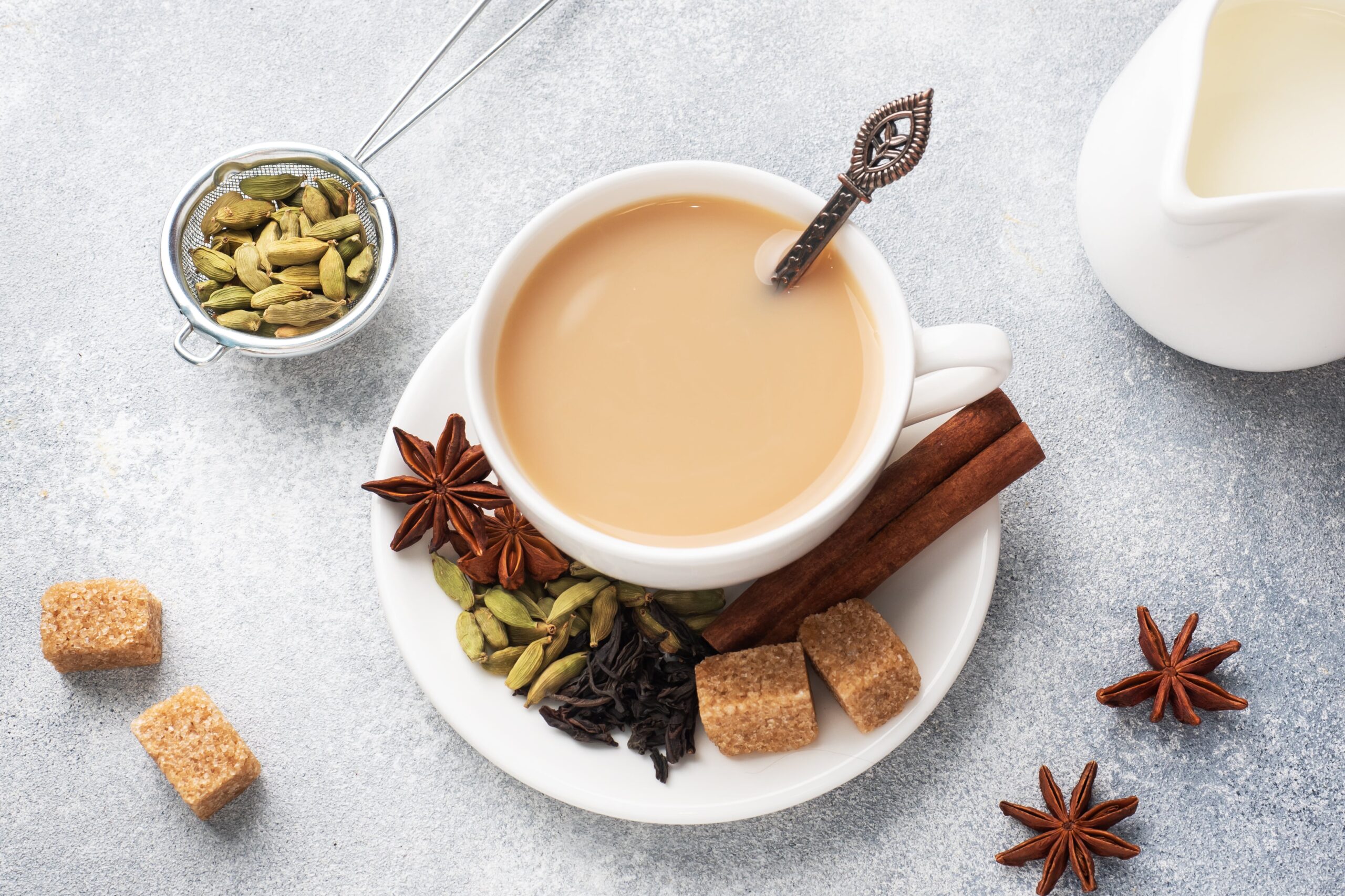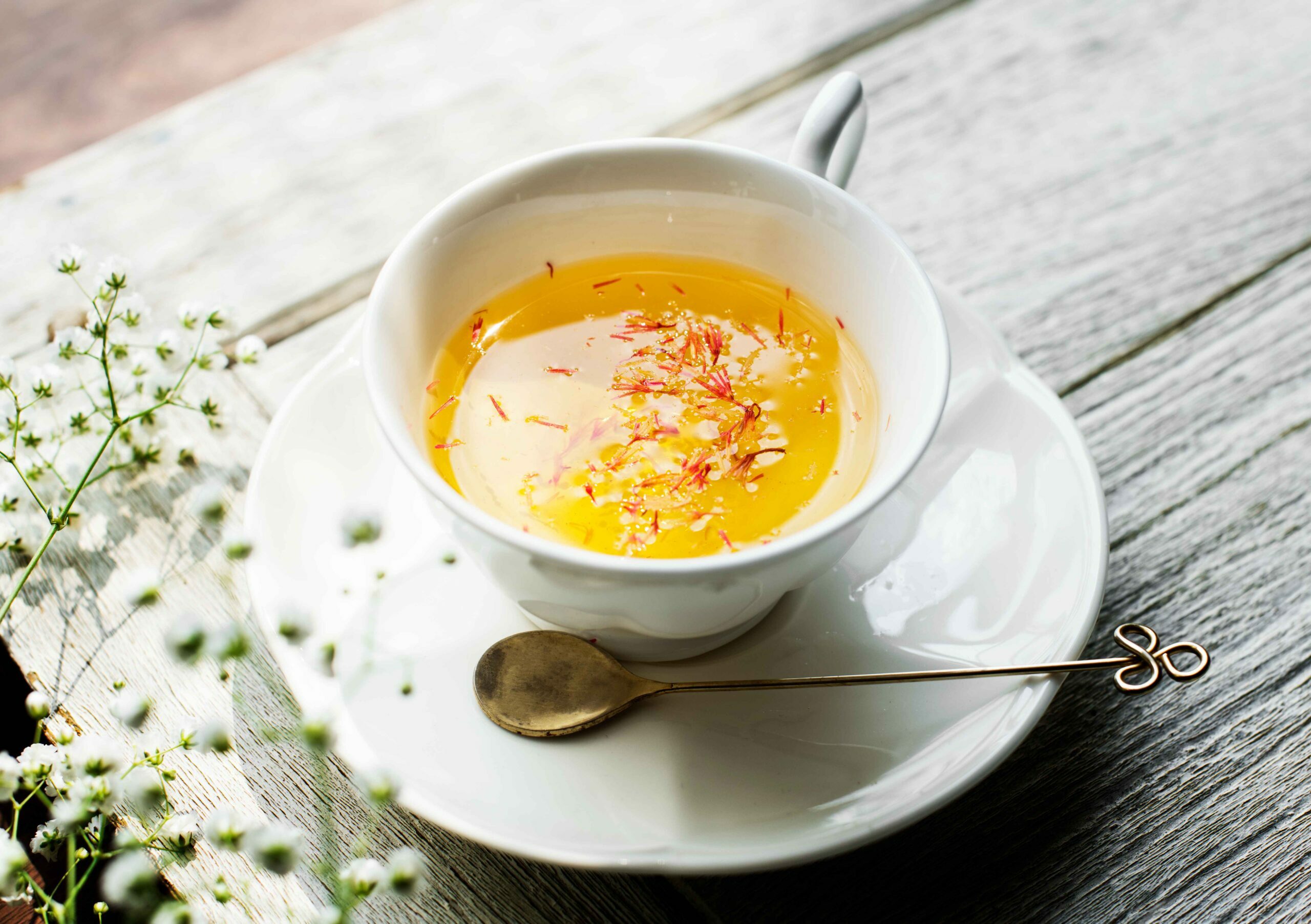Imagine yourself in the midst of rain and suddenly you spot a “chaiwala” who is all set to prepare his special Masala Chai. What’s going to be your next step? Definitely sip a warm cup of masala chai to submerge in the moment of overwhelm coming from combining the spiciness of your chai with the cooling sensation of the monsoon rain. That sounds relieving, right? But, have you ever wondered what goes into that chai to make it so delicious and revitalizing, as in what those magical masala chai ingredients are?
Masala Chai
Before hopping onto the ingredients, let’s have a quick introduction to masala chai, which is my ever-favorite choice of drink during heavy monsoons. “Masala Chai”, also known as “Masala Tea”, is a spiced version of regular Indian Chai Tea. It is made by simmering your black tea with a mix of rejuvenating spices alongside milk and sweetener. You need to steep these hot and aromatic spices in the decoction of black tea to extract the best flavor, and add milk and sweeteners according to your taste. That was a really quick masala chai recipe from my side.
When it comes to the list of magical ingredients, or specifically, magical spices, there are no fixed rules. Every family, or I must say, every person, holds a different cup of masala chai. There are different recipes with different ingredients, but each recipe has some spices in common, mainly ginger, black peppercorn, clove, cardamon, and cinnamon. Every single spice adds its own flavor, aroma and nutritional benefits. The type of black tea used, say CTC or orthodox, the type of milk used, and the type of sweetener can really make a difference to your cup, so always try to explore all the options to make your perfect masala chai recipe.
Masala Chai Ingredients
The spices and their ratio are what really make a difference in the chai. Here we have got a list of my favorite 8 masala chai spices and their health benefits, which will amalgamate to create a perfect, alluring and beneficial cup of chai tea.
1. Cinnamon
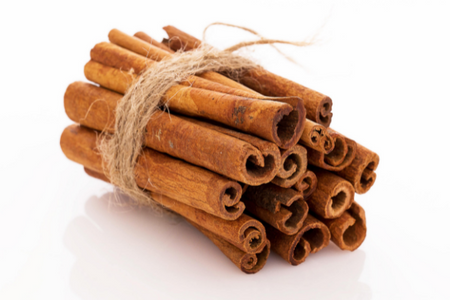
Cinnamon is one of the most widely used spices in foods and beverages due to its satisfying flavor and refreshing aroma. It is a source of many vital oils, cinnamaldehyde, cinnamate, and cinnamic acid.
It is loaded with antimicrobial, antidiabetic, antioxidant, and anti-inflammatory activities. According to some studies, it may also help patients with neurological disorders. A meta-analysis on the effect of cinnamon against glycemia and lipids showed that its chemical effects can significantly reduce the levels of both, thus contributing towards its anti-diabetic and cholesterol-lowering activities.
Another study exploring the use of cinnamon oil against dental caries concluded that it does potentially reduce the oral microbiota.
2. Cardamom

Due to the distinct flavorsome aroma it produces, cardamom is used in a variety of sweet and spicy dishes in addition to masala tea. The therapeutic benefits of cardamom are explored through research.
One such study was conducted on cardamom extracts to evaluate their anti-microbial and anti-inflammatory properties.
At the end of the research, it was shown to have bactericidal effects on various species of bacteria and its anti-inflammatory nature was attributed to an elevating effect on interleukins, which modulate cell growth and differentiation during inflammation and immune responses.
3. Clove
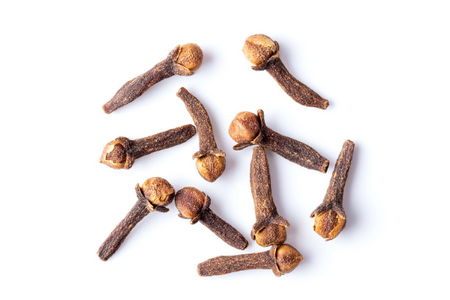
A decoction of clove and black pepper is a famous home-remedy to deal with coughs and colds, and do you know why? This is due to the wide range of antimicrobial activity it possesses. Clove has been used since ages due to its inhibitory action against a wide range of bacteria and viruses.
Apart from its antioxidant and antimicrobial effects, it also acts as a pain reliever due to its antinociceptive effects. It has been used as an analgesic since the 13th century, and the credit goes to its main bioactive compound, eugenol. It is really common in Indian households to use clove and its extract for tooth decay and joint pain. So, adding a clove or half a clove to your regular cup of tea can make it taste better and make it more relaxing.
4. Black peppercorn
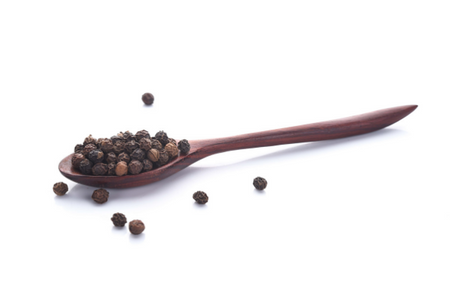
A hint of black pepper has the potential to open your congested throat and give you an instant dose of immunity. Owing to its immunological effects, black pepper is an essential choice of spice in the monsoon and winters.
Piperine, which is an alkaloid compound present in black pepper, is shown to suppress inflammation caused by seasonal allergies and asthma. The effect was attributed to its ability to reduce Th2 cytokines.
A review published suggested that an antioxidant-enriched diet can prevent the risk of cardiovascular diseases as it hinders the oxidative processes. The same review presented black pepper alongside many other spices and herbs as a potential antioxidant-rich food.
5. Ginger

Nothing beats a ginger black tea in the morning when you have a full day ahead of you. This ginger, apart from adding a crisp flavor to your masala chai, holds the capacity to elevate your health.
Many health studies have reported the benefits of ginger. One such study reported the antiemetic effects of ginger and chamomile. Another one reported its anti-oxidative effect on free radicals generated during various biological processes.
Reduction in osteoarthritis pain is also one of the many benefits of adding ginger to your chai. The study tracked the effects of ginger extract on 261 patients for 6 weeks and found that it could reduce the symptoms of osteoarthritis.
6. Star Anise
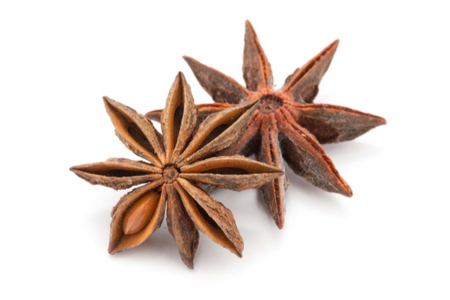
This evergreen star-like spice might look familiar to some, and some might be seeing it for the first time. Star anise is a spice native to East and Southeast Asia. Adding a bit of this creatively crafted spice by nature can do wonders for your body.
It is known to have anti-anxiety effects due to the presence of trans-anethole as the main component. A perfect anxiety reliever in the chai on your way to a job interview.
Because it has shikimic acid, it also has a lot of antifungal and antiviral properties.
7. Bay leaf
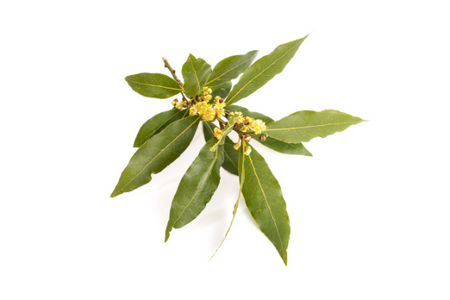
You must have encountered this leaf spice in many Indian cuisines, and you would be glad to know that it can be added to your masala chai also. The full-bodied flavor is not the only benefit of adding it.
Bay leaf is known to improve wound healing. Studies were conducted to track the possible role of this leaf in wound healing and the results came out positive. Its astringent and diuretic effects are prominent reasons why you should consider adding it to your chai.
It may also act as an anticonvulsant due to the essential oils like eugenol and pinene.
8. Nutmeg
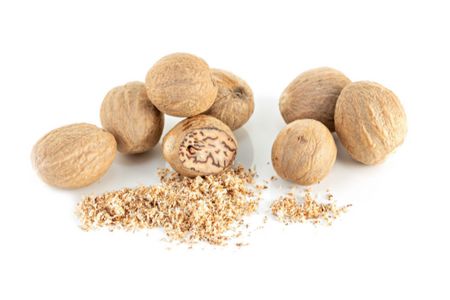
Nutmeg, commonly known as "jayfal", can be easily found in any kitchen. Used not only as a spice but also as a home remedy for stomach and kidney disorders. Used in a variety of diseases like gastrointestinal diseases, wound healing, and rheumatic pain, it is also being explored as a calming agent.
It is also used as a component in Tibetan medicines for the treatment of neuropsychiatric disorders. Research has been conducted to justify the efficacy of such medicines. Clinical data shows that such medicines can have a stimulating effect on the central nervous system.
The Takeaway
We have listed a couple of spices and herbs which can be used in chai masala powder due to their amazing health benefits but there could be some varieties added to it with lemongrass, mint, rose and tulsi. Sipping a warm cup of such medicinal beverages can potentially elevate your health regime especially in winters. Although access of caffeinated black tea with warm spices can have adverse effects on your health so consider switching it with lime juice or green tea in summers.
Buy Green Beverages green tea from Amazon, Flipkart , and Fresh and Organic Delivery.


